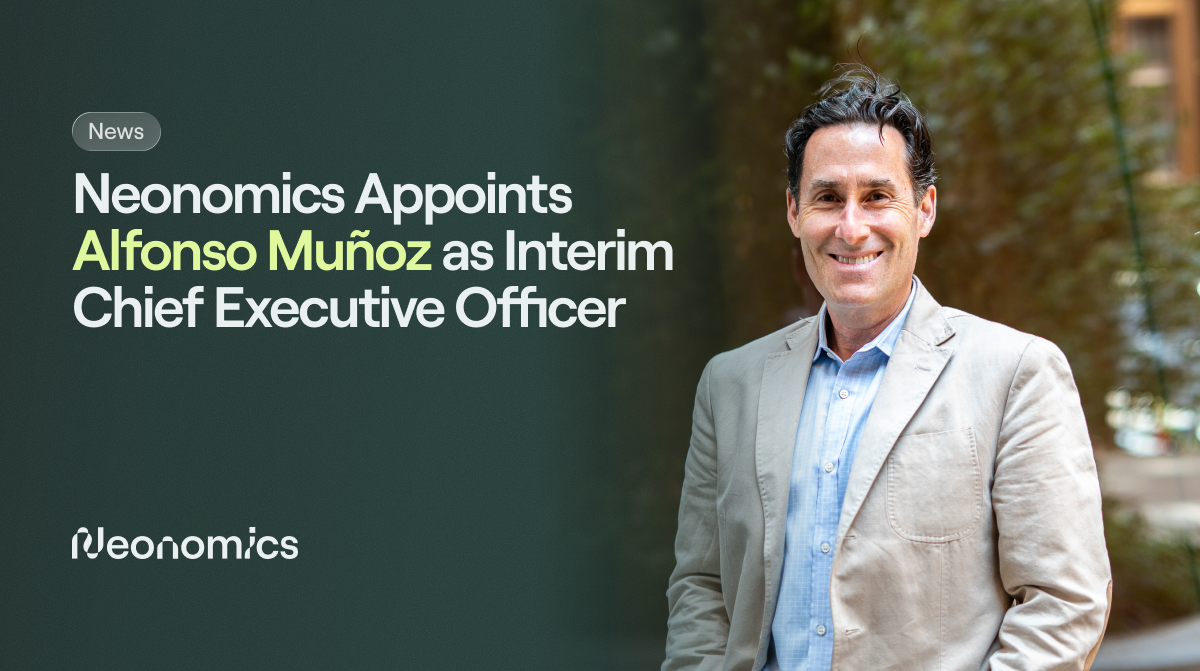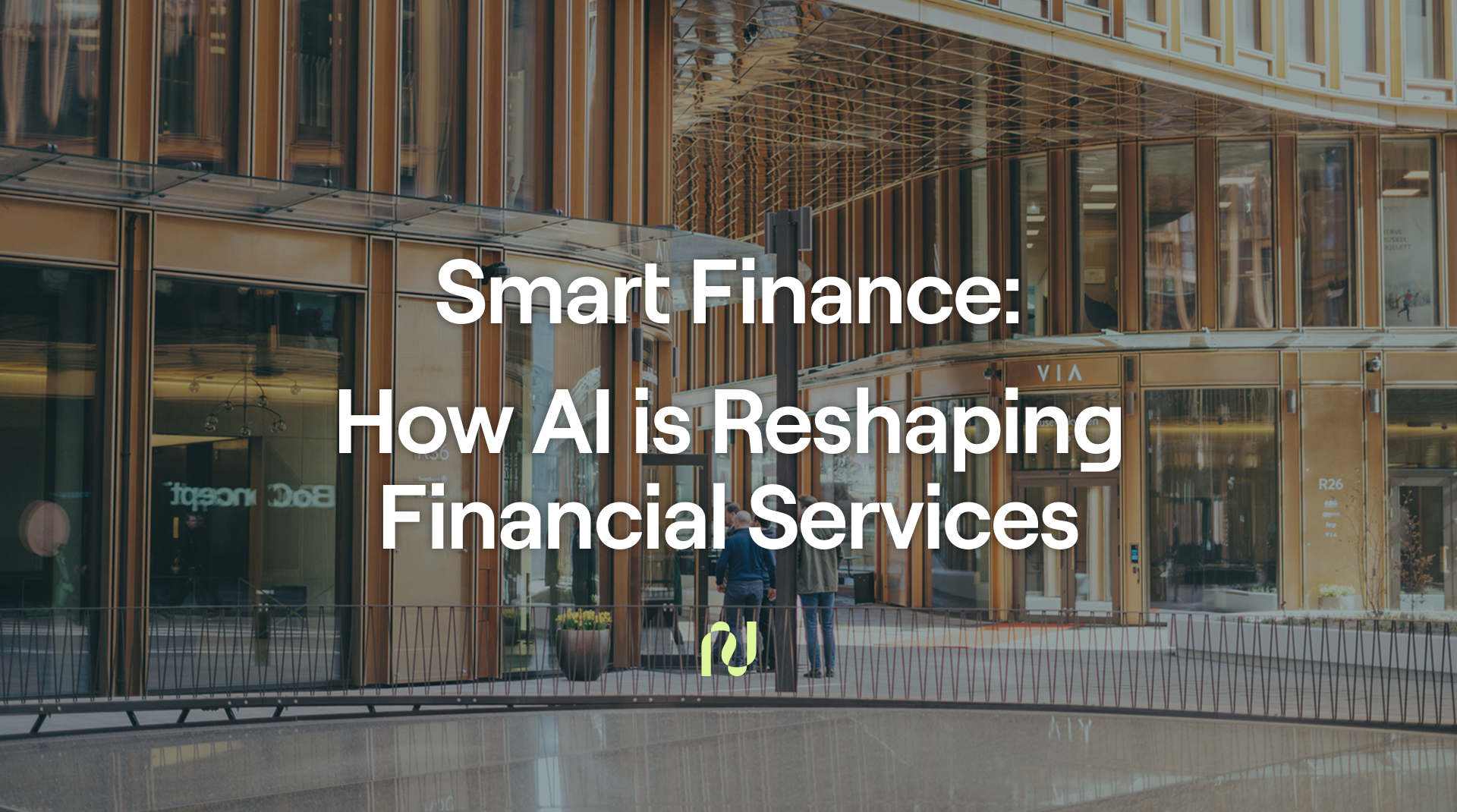
Dare we say, “Cardmageddon”?
People in payments have been talking about the death of cash, the death of card, and the death of traditional banking for some time and one thing has held constant, financial services tend to have significant staying power. Without sounding like some conspiracy theorist, the forces at play when it comes to payments have spent the last few decades ensuring that there is an equal playing field for a select few.
What is different today as compared to all other times people have cried “cardmageddon”?
As people, we get to a stage where things become hardwired. It is difficult to change one’s views on certain things beyond a point, and markets are similar. The only way to effect change, is to change the environment in which decisions are being made. That is what we see happening now. A maelstrom of new entrants, big tech, and new infrastructure is challenging how people in the know make decisions that will affect the direction in which the entire financial services industry goes.
Amazon’s announcement to stop accepting Visa credit cards in the UK from January 2022 caused quite the stir in the consumer payments market. Whatever the true motive behind the move, the ripples and waves it has created are welcome, especially as open banking providers like Neonomics are in the right kind of boats to navigate the changing waters.
Take for example what fintech guru David Birch shared recently on A2A payments, and how “cardmageddon” may be just around the corner, which you can read here.
Card providers have monopolised much of the payment’s rails since the age of the Beatles and Elvis Presley, with their high margins through their high processing fees. Account-to-account payments through an open banking ecosystem offers an alternative future that benefits both merchants and consumers through lower processing costs and a better consumer journey. According to Finextra, the pandemic has driven a clear shift towards A2A payments and contactless transactions in the UK.
The key difference as to why now is much better than before is down to infrastructure. It has gotten significantly better, and the numbers back it up. With companies like Neonomics having successfully built a completely new and independent platform that can manage much of the traffic, at significantly lower operating costs, the benefits to the marketplace are numerous and measurable.
So, what about merchants?

There’s now much better ways to pay and get paid. By jumping on this much-needed market development, merchants now have a great opportunity to significantly lower their costs, receive faster settlements and develop better consumer journeys by leveraging A2A payments. It is literally a no-brainer.
Neonomics
Neonomics offers one of the most advanced unified pure PSD2 API tech stack and bank coverage in Europe, built with zero legacy tech, payments and data under one roof. Working with Neonomics, merchants can reduce transactions costs up to 80% compared to traditional payment rails. Let’s talk and find the best solution for your business.
Big shout out to David Birch as this post is based on his article, find it here “Account-to-Account Payments” article in Forbes










.png)
.png)
